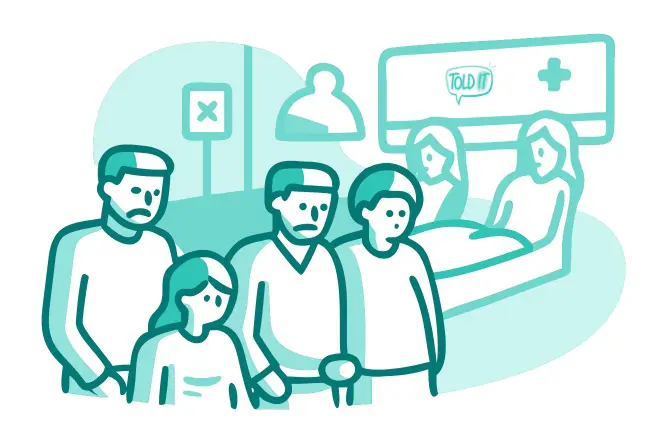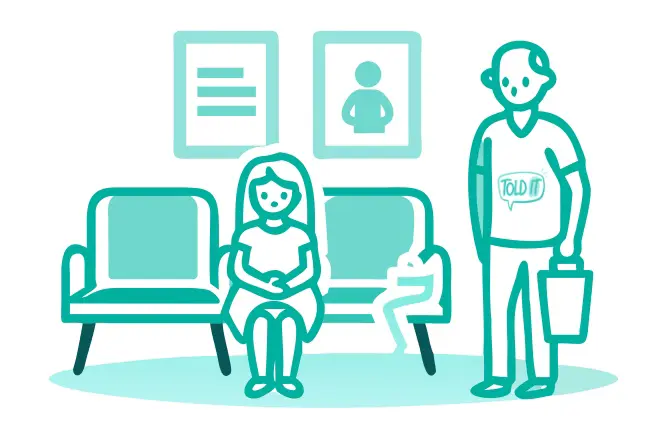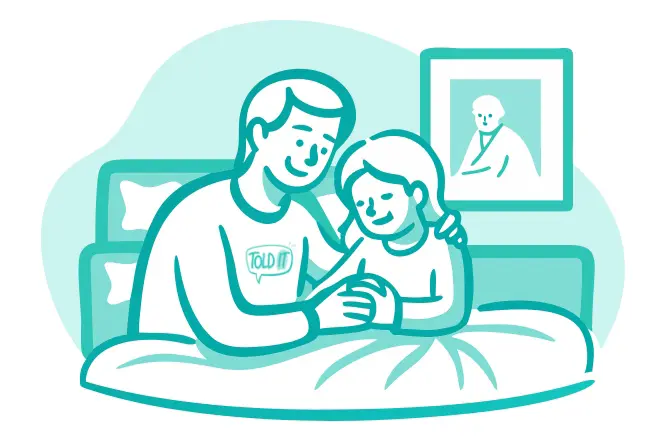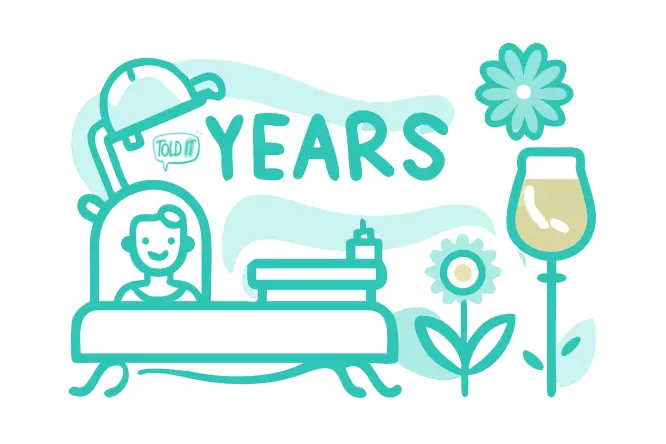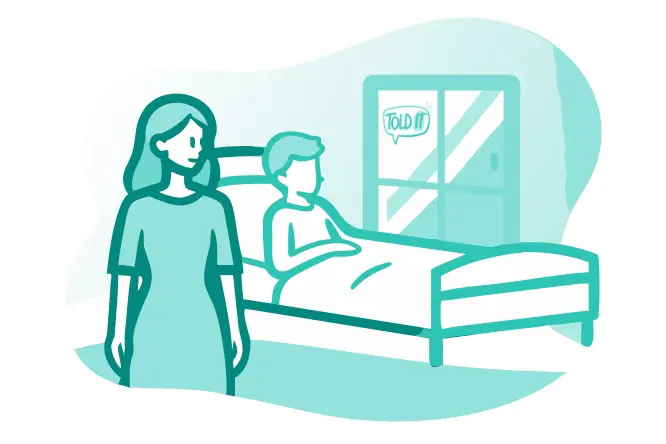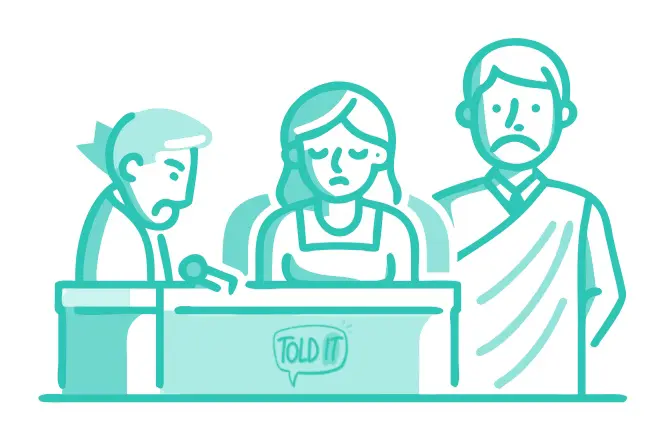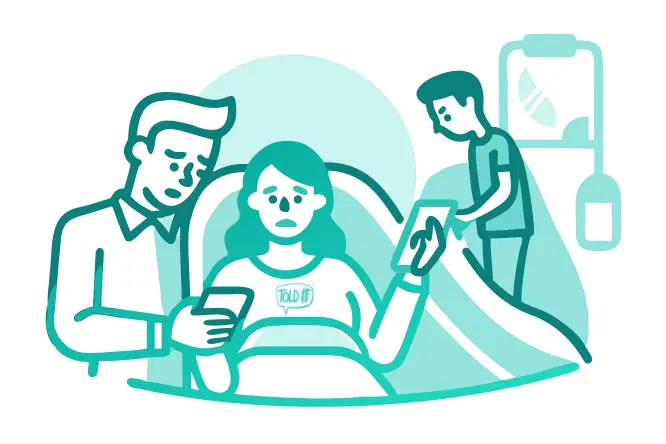Half an Hour Too Late
It was a disaster morning — one that would reverberate across three generations. The doctor’s tone, although neutral, had a soft finality.
“If he had arrived in the hospital half an hour after the accident,” he stated, “we could have rescued him.”
He hadn’t even completed what he was saying when Somesh — Uttaran’s friend — nearly interrupted him, shaking, “Then… is he—
No,” said the doctor quietly. “He’s not dead. Not at least, not physically. We refer to this as brain death.”
Umakant, a dignified professor, felt his own throat constrict with dryness. He could hardly get the words out. Uttaran wasn’t merely his best student — he was also his son-in-law, married to his only daughter, Mridula.
“If it’s brain death,” he breathed, “then…”
The doctor let out a deep breath. “The body’s alive, but the brain isn’t. We’ve ventilated him. Occasionally, brain activity can come back. But to be honest — all we can do now is wait and hope.”
The Waiting Room of Life
The accident was due to a short circuit at Uttaran’s company premises. As it had occurred on duty hours, the company paid for his treatment. The chairman himself came. But money was immaterial for the family.
At home, Mridula kept everything together. Her mother-in-law, Urmimala, was ill; her twelve-year-old daughter, Mrittika. With no men remaining in the house, Umakant had to come in and take care of his daughter and granddaughter.
Every alternate day, he or Mridula would go to the hospital. Mrittika insisted on going, too, but Mridula retorted firmly.
“They don’t let children in, Mrittika. You wouldn’t even be able to see him. What’s the use?”
“I’ll just wait outside the ward,” she begged. “Or you can ask Doctor Uncle for special permission.”
But Mridula was too distraught. Her voice turned hard. “Stop playing clever. Study well.”
The little girl wept.
A Grandmother’s Promise
When Mrittika came running to her grandmother’s room, crying, Urmimala comforted her, smoothing her hair.
“Your daddy will come home soon, sweetheart. Then you’ll see him every day.”
“Soon? More than a month’s gone by!” the girl wept. “It feels like a year.”
On arriving, tense and in haste to the hospital, Mridula lost her temper and slapped her daughter.
Urmimala burst out.
“Enough! Am I dead already that you raise your hand in front of me? Go — but get the doctor’s number back with you.”
Mridula went in silence, covering up her guilt behind anger.
That evening, Urmimala stealthily requested her granddaughter,
“Mrittika, get the doctor’s card and your mother’s phone.”
As the child presented it to her, Urmimala made the call with shaking hands.
“Hello, I am the patient Uttaran Dutta’s mother… Yes, doctor, tell me the truth. My son is my only child. I lost my husband in an airplane crash when my boy was nine. I brought him up myself. Please, just say — is there any hope at all?”
She stopped, wiping her tears on the edge of her saree.
“And one more thing,” she said quietly. “Let my granddaughter meet her father. Once.”
The Silent Years
The years crept by, slow and merciless. Three passed. Uttaran never awoke. The visits became mechanical — weekly, just to demonstrate that they still cared.
Umakant even brought in doctors from London. They pronounced judgment baldly:
“Nothing new can be done. Leave the systems alone as they are.”
Mrittika was raised, learning English — her father’s dream. But when Urmimala died, everything changed once again.
In the last minutes, she held onto Mrittika’s hand hard, gesturing weakly towards the photograph of Uttaran. No one knew what she was saying.
From then, Mrittika grew quieter.
Life Moves Without Him
Ten years had gone. The firm had spent nearly ninety lakh rupees in treatment expenses. The new chairman summoned Mridula one day.
“Madam, we’ve done everything possible. But it’s time to close this chapter.”
Mridula just smiled faintly.
“A phone call would’ve been enough. But thank you.”
Umakant, now frail and aging, sold his house and secured Mridula’s future. He could no longer visit his son-in-law. Even Mridula stopped going regularly — just monthly calls to pay the hospital bills.
Meanwhile, Mrittika completed her M.A. in English, then became a journalist. When Mridula tried to discuss marriage, Mrittika refused.
“If Dad were home, he’d have forced me to marry,” she said. “But he’s not — and I’m not ready.”
Their conversations turned tense. Mridula felt invisible in her own daughter’s eyes.
Eventually, through her grandfather’s insistence, Mrittika married a young man named Arkaprabha. On her wedding day, she went to the hospital, touched her father’s feet, and whispered,
“I’m married, Daddy.”
The Final Judgment
Seventeen years had passed since the accident. The media caught wind of the story — a man alive but brain-dead for nearly two decades.
Uttaran’s cousin, Samriddha, spoke to reporters:
“Isn’t it merely profiting from a dead body? Isn’t it cruelty?”
He persuaded Mridula to lodge a case. With great reluctance, she did.
The High Court bench considered the case — a confrontation between law, science, and emotion.
Samriddha’s last words in court rang in the courtroom:
“Your honor, the brain is the sun, and the body is the moon. Without the sun, there can be no light from the moon.”
The verdict finally came:
Mridula had the right to wean her husband off ventilation.
The Last Call
Against Mrittika’s protests, the family fixed a date. Uttaran was shifted from ventilation to a general bed. The doctors and family sat quietly — to watch the inevitable unfold.
Minutes before the last procedure, Mridula’s phone rang.
It was their housemaid, Parbati. Her shaking voice said,
“Madam… your father expired.”
Her heart didn’t know whether it should be grieving one death – or two.

